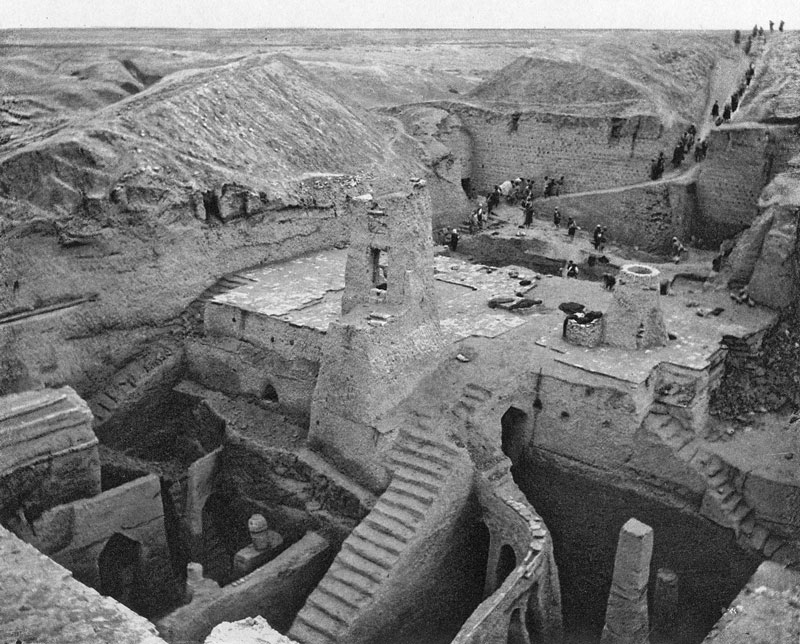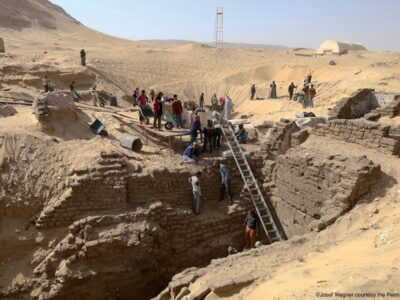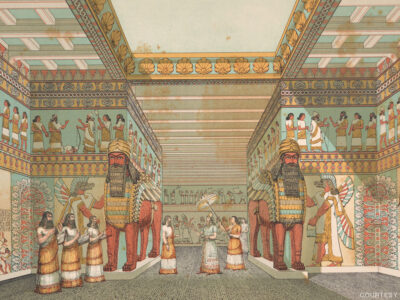
When the University Museumbegan its archaeological relationship with what is now called Iraq, the region was part of the Ottoman Empire. Long before that, it was known as Mesopotamia, often referred to as the “cradle of civilization.” The excavations at such legendary sites as Nippur and Ur are part of the Museum’s rich history, and objects from the “Royal Tombs of Ur” exhibit have been traveling nationally since 1998.
But in the wake of the U.S. invasion and the subsequent breakdown of authority, looters broke into the Iraq National Museum and other museums around the country, stole priceless artifacts, destroyed registration records, and otherwise devastated the collections. “It is hard to comprehend the enormity of loss, though some have compared it to the destruction of the library of Alexandria,” wrote Dr. Richard L. Zettler, associate curator-in-charge of the Near Eastern Section, and Dr. Jeremy A. Sabloff C’64, the Williams Director of the Museum.
And for Penn, as President Judith Rodin noted, “the destruction of Iraq’s past has been particularly hard and ‘personal.’”
As a result, the University Museum is joining an international effort to minimize the loss of Iraq’s cultural treasures and assist in returning stolen artifacts. To get its message out, the Museum has created a Web site titled, “The Cultural Heritage of Iraq: a cultural briefing on the past, present, and future of archaeology in the ‘cradle of civilization.’”
Among its links is a letter to President George W. Bush, urging him to “use all means at your disposal to stop the pillaging and protect cultural sites and institutions of Iraq.”
“The looting of the Iraq National Museum and other art and archaeology museums in Iraq is a tragedy of vast proportions to the Iraqi people, and to all those who care about under-standing our shared human heritage,” wrote Sabloff in a statement. “In the days, weeks, and months ahead, museums and governments alike must do everything possible to assess the damage and stop the flow of stolen artifacts out of Iraq.”
In addition, Philip S. English C’79, a Republican Congressman from Erie, Pennsylvania, has introduced HR 2009, the Iraq Cultural Heritage Protection Act, which would prevent the importation of any objects from Iraq that meet criteria as “cultural material” without documentation that the object was obtained legally. English, incidentally, majored in archaeology at Penn.
To neglect Iraq’s cultural heritage, wrote Zettler and Sabloff, “not only humiliates Iraqis by robbing them of their past, but diminishes us all.”
—Sarah Blackman C’03




